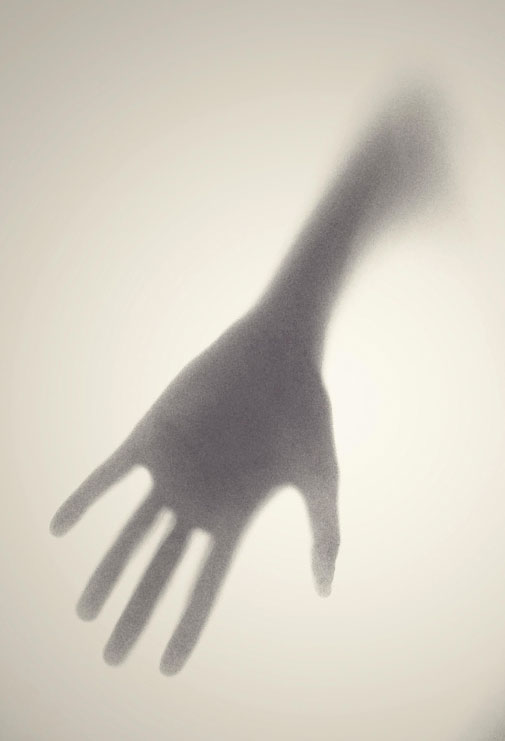- Vol. 04
- Chapter 05

‘Mrs Hadley’s Hand’, Royal Worcester parian vase (c. 1865)
He brought home a model of the design to show her. He had linen-coloured dust from the workshop thickened beneath his fingernails. There were flecks of it in his hair and caught in the tiny-important lines around his eyes. He mistook her silence for wonder and sat back, smiling, fingers laced behind his head.
‘Can’t handle a vase without perhaps a little Keats coming to mind,’ he said. As she peered at the object, bringing it to her face and sensing its coolness, she wondered how long he had been waiting to deliver that line. Perhaps he had spent the whole journey home trialling different wordings. He made writhing spiders of his hands in the air, miming a writhing sort of delicacy as he quoted: ‘Thou, silent form, dost tease us out of thought, As doth eternity: Cold pastoral!’ He pointed at her and winked. ‘Do you like it? Do you,’ he leaned forward, ‘recognize your grip?’
It had her fingers’ slightness, she supposed. She had never really examined her hands closely before. It was cool to the touch. ‘Like the back of my—’
‘Odd to see it separate,’ he continued, taking the vase from her. ‘Lopped off.’
She watched the vase in his hands. Now it was a finger shushing his lips, now a manicule pointing at his shoulder, now the same angle as illustrations’ hands of God when He is poised to prod or smite-nudge. Too dainty for God—a trainee angel, perhaps, not falling to earth but dipping down a finger as if to taste the difference between icing sugar and salt.
‘Just think!’ he said. ‘Your hand will be famous! On mantelpieces throughout the country! Heirlooms!’
‘Hand-me-downs,’ she said.
‘Mrs Hadley’s Hand’, Royal Worcester parian vase (c. 1865)
‘What was that?’ he asked, but kept his eyes on his work, rolling the smooth facsimile of her hand in his.
In a cool hour of the just-morning she listened to his snoring and to some curdles of new birdsong beyond the bedroom curtains. She pulled the covers completely over her head. There, silhouetted against the dawn-bright bedlinen inches from her face, she flexed her hand. She rolled her wrist and heard its faint particular percussions. She brought it closer to her eyes until the skin was just a mess of striations and crosshatching, a tweed’s weft in the flesh. She said the word palm over and over and over again. She thought about its silent letter. She considered heirlooms and mortmain and cheirosophy, its belief in love-lines and its life-lines. She flexed her fingers again. The handless bird beyond their window stopped singing as she thought about her husband’s shape right beside her, the fact that he was close enough to reach out and touch, while directly beneath their bed the cold hand sat on the potter’s table pointing upward. Its pure white forefinger was modelled with a slight curl, as if caught in the act of beckoning.
